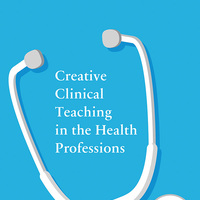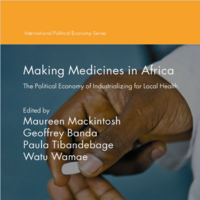Search
Books+
Searching 1,730 books
Search related to the career Clinical Research Pharmacist
Qualifications for a Clinical Research Pharmacist
To become a Clinical Research Pharmacist, you typically need to meet certain qualifications and possess specific skills. These qualifications may vary depending on the country, institution, or employer. However, the following are commonly required qualifications for this role:
1. Education:
- Bachelor's degree in Pharmacy (PharmD) or a related field.
- Some positions may require a Master's or Doctoral degree in Pharmacy or a specialized field of study.
2. Licensure:
- Obtain a valid license to practice pharmacy in the relevant jurisdiction.
- Fulfill any additional licensing requirements specific to the country or state.
3. Clinical Experience:
- Gain practical experience in a clinical setting, such as through internships, residencies, or fellowships.
- Develop a strong understanding of clinical pharmacy practice and patient care.
4. Research Skills:
- Acquire knowledge and skills in research methodologies, study design, and data analysis.
- Familiarize yourself with Good Clinical Practice (GCP) guidelines and regulations.
5. Communication Skills:
- Possess excellent verbal and written communication skills to effectively collaborate with healthcare professionals, researchers, and study participants.
- Ability to present research findings and write scientific papers.
6. Attention to Detail:
- Demonstrate meticulousness and accuracy in documenting and analyzing research data.
- Strong organizational skills to manage multiple research projects simultaneously.
7. Ethical Conduct:
- Adhere to ethical standards and guidelines governing clinical research.
- Understand and ensure participant safety and informed consent.
8. Knowledge of Regulatory Affairs:
- Familiarize yourself with regulatory requirements and guidelines related to clinical research, such as those set by the Food and Drug Administration (FDA) or other relevant regulatory bodies.
9. Continuous Learning:
- Stay updated with advancements in pharmacy practice, research methodologies, and regulatory changes through continuing education and professional development activities.
It's important to note that specific job requirements may vary based on the employer's needs and the nature of the clinical research being conducted.
Source: Various AI tools
Searched in English.








